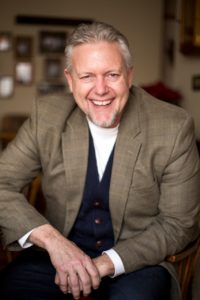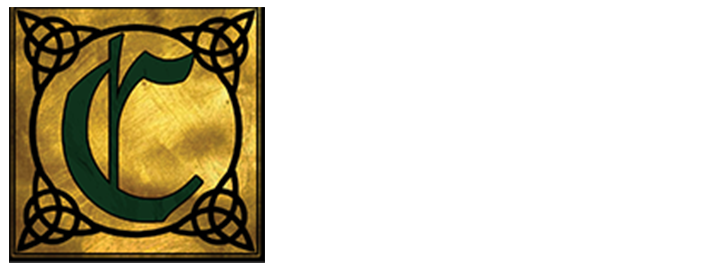“Should” automatically suggests there is “right” and “wrong.”
I was reading Michael Crichton’s novel to my students.
What we discovered was the standard for ethics does not change.
You want ethics? Watch our two minute video (full text below).
Dinosaurs tell the story.
But the story is repeated every day.
Subscribe to “Truth in Two” videos from Comenius (here). Mark is President of The Comenius Institute (website). Dr. Eckel spends time with Christian young  people in public university (1 minute video), hosts a weekly radio program with diverse groups of guests (1 minute video), and interprets culture from a Christian vantage point (1 minute video).
people in public university (1 minute video), hosts a weekly radio program with diverse groups of guests (1 minute video), and interprets culture from a Christian vantage point (1 minute video).
Picture Credit: Snappy Goat
FULL TEXT BELOW
“The question is not, ‘Can we?’ but ‘Should we?’”
I had been leading my classes through a mini-unit on medical ethics at the same time I was reading Jurassic Park. During appropriate moments, I read excerpts to the class. The author, Michael Crichton, used a chaos scientist to propose his belief that experimentation has boundaries. Michael Crichton’s medical career brought ethical considerations to science fiction writing. Crichton believed that science, like life, should have limitations.
Two different scientists address the question of limitations, of right and wrong, in the movie Extreme Measures. A doctor, played by Gene Hackman, kills homeless men to discover a cure for paralysis. His secret, undiscovered methods, bring positive notoriety until a fellow physician reveals the truth. Gene Hackman’s character and his means-justify-the-ends argument are exposed in a debate between the two doctors. The discussion ends with the utilitarian question, “If you had to kill one man to discover the cure to cancer, wouldn’t you have to do that?”
“The question is not, ‘Can we?’ but ‘Should we?’”
Every day ethical questions frame Robert Redford’s movie Quiz Show; the true story of television’s early quiz show format. It seems that some participants in 1950’s television quiz shows knew the answers ahead of when the program aired. Ralph Fiennes’ character is being fed the answers, before the questions are asked on the quiz show. The truth is found out and the cover-up ruins a man and his career. “Would we cheat with the pressure of fame and money pressing upon us?”
“The question is not, ‘Can we?’ but ‘Should we?’”
Should we or shouldn’t we? If “shoulds” and “oughts” exist, we at the Comenius Institute assume there must be a boundary, a limitation to our actions.
“Can we?” or “Should we?” Michael Crichton’s two questions summarize ethics.
For Truth in Two, this is Dr. Mark Eckel, President of the Comenius Institute, personally seeking Truth wherever it’s found.


